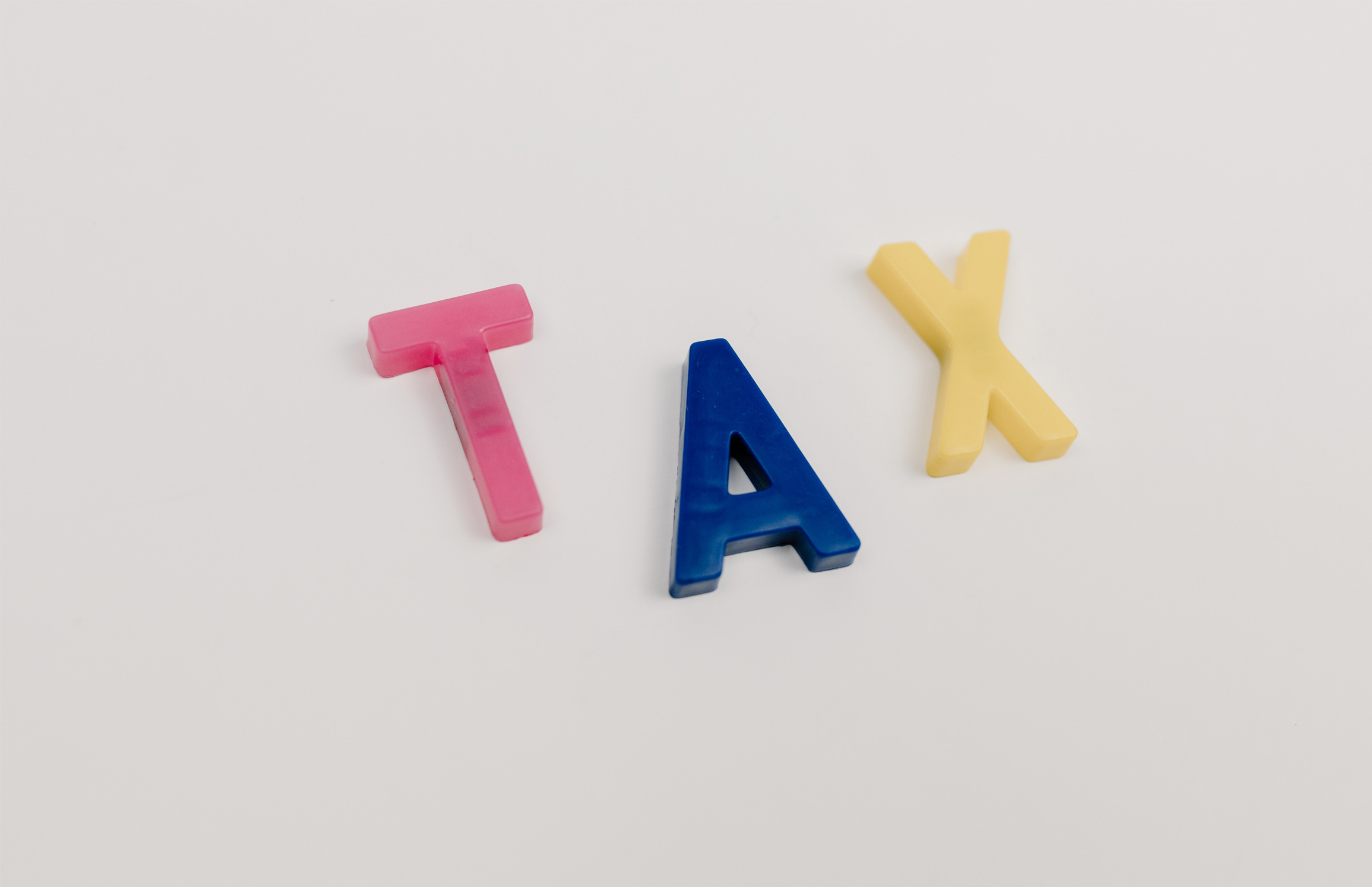
Landlord
Owning and running a rental property is a great way to earn some extra cash. But if you’re a landlord, that extra money can put you in for some extra tax liabilities at the same time. But those expenses incurred by landlords are deductible when it comes to filing income tax returns.
What are the expenses that a landlord can claim?
As a landlord, you may qualify for a number of tax deductions. Generally, landlords can deduct the costs of operating and maintaining their property, reducing their tax bill.
The following are some instances of permissible expenses for a landlord:
- General home repairs and maintenance
- Providing for utilities and other services for your tenant if you choose to cover them under your lease agreement with them
- Landlord insurance
- Bank fees, like loan origination costs, points, etc.
- Service charges, and ground rents
- letting agency fees (for finding a tenant and managing your property)
- Council tax
- legal fees for services related to renting out the property (for example, charges from solicitors who assisted with drawing up tenancy agreements)
The costs must be ‘wholly and exclusively’ for the purposes of the rental business in order to be deductible. If only a portion of an expense fulfils these criteria, you can deduct that portion from your income such as the lighting cost that is utilised for both private and commercial purposes. So, if you just rent out a part of your home or for only a period of time in a year, you must allocate your expenses. You can also claim a portion of the interest on but-to-let mortgages.
Impact of deductible expenses on tax bill
An expense is any cost that you incur as part of your business. These expenses are important to note on your tax return, because they lower the overall profit your business earns over the period of a year. As such, you pay less tax on those earnings.
You will likely be submitting your tax return on a cash basis if you make less than £150,000 a year. This means that your tax return should only include revenue earned within the tax year and expenses incurred during that time. If you earn more than £150,000 and opt out of the cash basis, you can submit a tax return on an accrual basis. This means you would include projected revenue and expenses even if they have not yet been received or paid for.
While you can deduct the expense of things like repairs, maintenance, and utilities, you are not allowed to deduct any capital expenses from your rental income.
Capital expenses include anything related to adding on to or renovating a property. They can add real value to the property, but unfortunately, they can't be deducted from the Rental Income tax form.
You can only deduct these costs when you sell the property, and then they’re treated as capital gains.
It's important to keep track of everything you spend on repairs and maintenance. You'll need these records for your own financial planning, and HMRC will ask for them if you're being audited.
You can deduct the cost of any damage caused to your property by your tenants from their security deposits, so long as you keep proof that the money came from them (a receipt or bank statement).
If you hire someone else to carry out repairs or maintenance on your property, don't forget to include the full amount spent in your tax return.
Many of the expenses you incur while renting out a home can be deducted from your tax bill as a landlord. Learn how to use them and what you can claim.
Bluestone Properties
If you are a landlord, we can help you. We are a property management company and letting agency in south west london. We take care of all aspects of your rental properties, from finding tenants to making sure that everything is safe and sound for them to move in.
If you own a property and want to rent it out, we have everything you need to make that happen. Whether you’re a first-time landlord or seasoned veteran, we have landlord packages for all kinds of properties.










